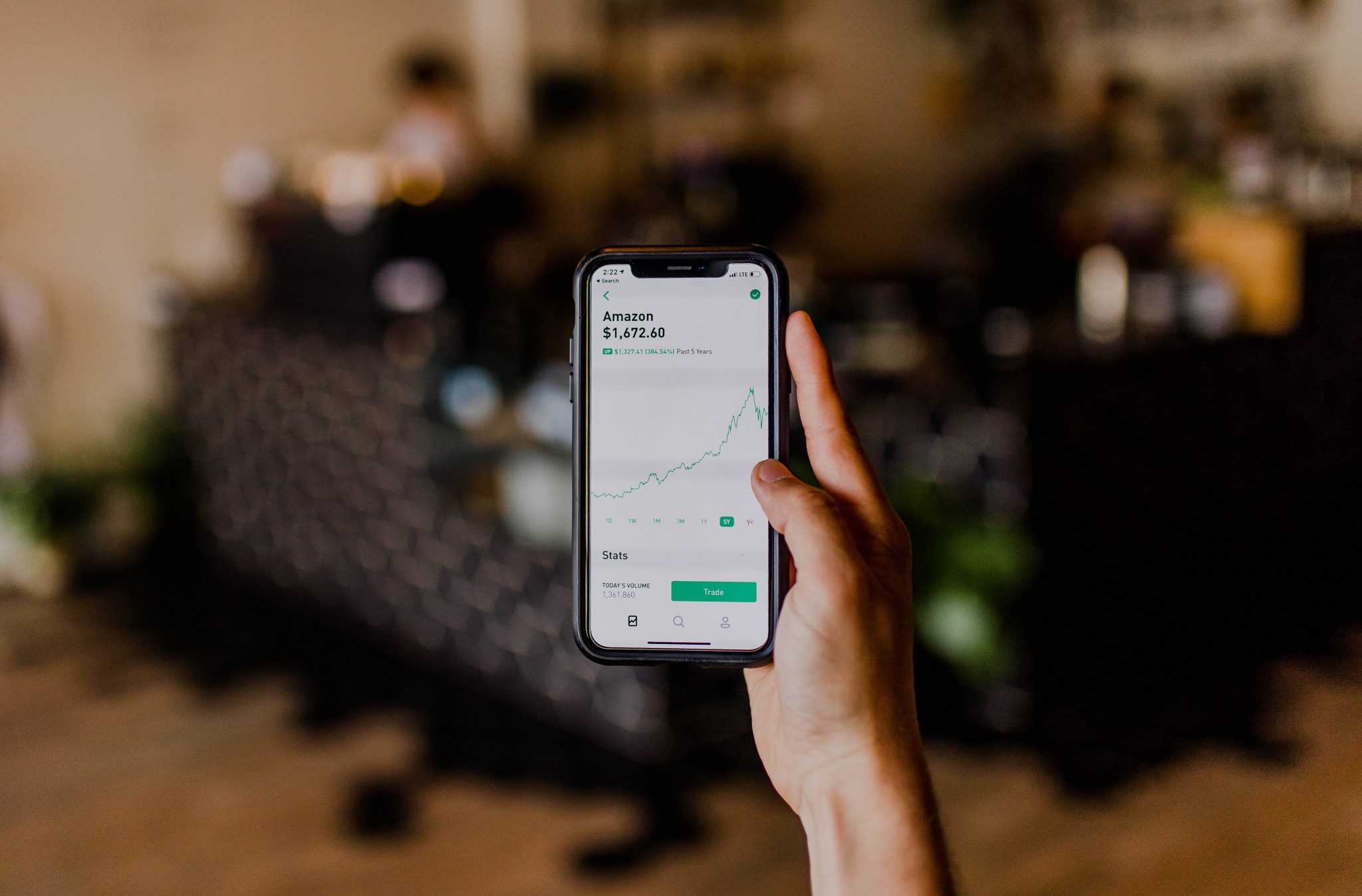Islamic Finance Assessment of Modern Retail Forex Industry | IFG

9 min read
Published:
Updated:

Ibrahim Khan
Co-founder
I’ve been reading around this topic for a few years now and unfortunately I’ve not yet come across a really well explained Shariah-compliance analysis of the market. This is in part due to the complexity and fast-moving nature of the market, the secrecy of companies about their internal procedures, and in part, I feel, due to the breakdown of contact between Islamic scholars and experts in this industry. You can find articles from both sides online in e-fatwas or in marketing articles designed to attract the Muslim trader. But while the latter offers a poor grasp of Shariah, the former has a poor grasp of the mechanisms of the market itself.
Hopefully below we can start to remedy this dearth of information and start asking the right questions so that Muslim traders are in a much better place to make a decision.
In a nutshell though, in this article I start outlining why I think forex is not permissible – then I conclude in my next article that forex is not permissible. This coheres with the views of various Islamic scholars too.
How does it work?
There are a plethora of Forex “How does it work” articles out there but unfortunately for our purposes none of them is written with the Islamic investor in mind who not only wants to find out how the whole structure works generally, but go into the nitty gritty mechanics of the transaction itself (i.e. Who buys what and sells what? Who owns what and why? What is a currency pair?) These are the sorts of questions we need to answer in order to work out retail FX’s Shariah compliance.
What also doesn’t help is that this industry is a mixture of Over The Counter (OTC) and private Exchange-led markets so it is not as heavily regulated as, say, share trading where everything is well documented, scrutinised, and transparent, in fx there is much more opacity.
An interesting aspect of FX trading through an Exchange is that all transactions are directly with the exchange. This means that if you have 5 different trades open, some losing and others winning, you can net your overall position and work out how much you owe the exchange (or more precisely, your broker can do that). If you’re OTC (aka the big boys) then your counterparty is another big boy, and then you are really dependent on the counterparty not actually defaulting for your trade to be worth what it is. Given that, there is a debt involved which you may or may not be trading at par value – and that raises questions about Shariah compliant hawala of debt. This is an interesting area that inshAllah we can explore fully in later articles.
All this made my research much harder, but here’s what I found.
Firstly, I wanted to know the difference between retail fx and mainstream fx.
Well there is a difference. Retail fx is a small part (5%) of the wider fx market. retail FX is where small everyday ordinary traders go online and trade currency through a broker. This is in contrast to the big boys of the FX world who trade in large amounts with each other using the interbank market directly. For retail FX users on the other hand, their trades are much smaller and a broker handles them and acts as an intermediary between them and the interbank market.
Think of it like the small greengrocer who acts as a broker for retail customers but himself buys from the big boy importers based in a central market where the likes of Tesco and Sainsbury’s come and buy in bulk.
But it gets more complicated unfortunately. There are actually two kinds of retail FX arrangements.
Market Maker
These brokers actually take the other end of your transaction. So they’re not only executing your transaction, they’re the other guy you’re selling (or buying) to. They do this because they rightly understand that the majority of retail traders are unsophisticated and inexperienced and will end up losing money.
These brokers may hedge their positions using related trades they themselves enter in the interbank market in order to manage their own money vis-à-vis the various transactions they’ve entered with their retail customers, but in a way that’s not really your concern as the end customer. You’re just trading with these guys.
These guys may also use other methods where they match up different retail traders on their system who are trading in the opposite direction. So if Joe buys EUR/USD and Andrew sells it, they’ll match those two up. Here they’re not the guy at the end of the deal.
ECN & STP
As time has passed, technology has developed, and retail traders have got savvier there has been a rise in Electronic Communication Networks and Straight-Through-Processing model brokers.
ECN brokers pass on the trades they receive through their own bank to the wider ECN market. You can also see their current orders from other people on the network so it’s more transparent. So they don’t really fiddle around with the trade itself or have anything to do with it other than charging a greater spread than that available on the ECN directly. That’s how they make money.
STP brokers broadly take your trade and pass it onwards to the market and make a cut. They usually will not show you the current orders and give access to the interbank market. They may also operate a hybrid model where they act as market makers for new fx traders and as STP brokers for experienced traders who they’ll just pass straight through to the market. Who they pass your trade on to depends on what arrangement they have going themselves. Some pass it on to a bank with whom they have a relationship, others pass it on to yet bigger STP or ECN brokers, and others pass on to the ECN market themselves.
Why is this x-ray look into the industry important from a Shariah perspective?
An important rule in Islamic financial law is that you are not allowed to borrow from someone just to buy something from them. So you can’t lend £100 to your mate for the express purpose that they buy your phone off you. Because if you didn’t have the incentive that he will buy your phone (for a profit off you) you wouldn’t give him that loan in the first place. This prohibition is mentioned in the following hadith:
‘Abdullah bin ‘Amr said: ‘The Messenger of Allah -peace and prayer of Allah be upon him- said: “It is not permissible to transact a loan combined with a sale, or to stipulate two conditions in one transaction, or to make a profit on something that you do not possess, or to sell something that is not with you.” (Narrated by Abu Daud, in hadith no. 3506; the status is good).
So if the broker is lending you money for the sole purpose that you trade with him and he makes a cut from the spread (and potentially by being counterparty too, in the case of a Market Maker), then this falls foul of the same prohibition. However if the broker is not lending you money and is simply charging you a cost of brokerage then is fine.
This would mean that ECN, STP, and Market Making brokers are all not permissible. But is borrowing actually going on?
So hang on, where did all this borrowing business come from?
Currencies don’t move very much daily in the grand scale of things. They only move tiny amounts in fact, measured in “pips”. So if you were to buy £150 worth of dollars and waited for a week or so, you wouldn’t make much of a profit or loss. Perhaps a few pennies here or there, or at most we’re talking a pound or so.
But now if you bought £100,000 worth of the dollar in the same period, your profit or loss could be £100 up or down – much more serious amounts.
What modern retail fx allows you to do is access £100,000 positions even when you only use a few hundred pounds. This is called leverage.
So if you’re being offered 1:100 leverage, with just £1000 you can take a £100,000 position in the market.
But the key question for me is – if you’re putting up £1000, where does the other £99,000 come from?
The answer is, in short, that the £99,000 is essentially irrelevant. Because you have put up £1000, the broker will close your position at the point your trade goes into £1000 loss. That means you’ve lost all your capital and the £99,000 is not triggered. In the extremely rare case where you go into a loss of more than £1000 because the trader couldn’t close your position quickly enough, you owe the trader the further money lost on the transaction.
So when you buy EUR/USD you’re theoretically buying EUR and selling USD but in reality there is no physical exchange of the currencies, there isn’t the hundreds of thousands that every supposed transaction involves actually anywhere. Everyone is trading on margin and nets out at the end.
So for example you buy $1000 for £500 and the guy selling you goes the other way. The money is to be delivered in 2 days. Two days later $1000 is now worth £750 as the GBP has depreciated. So you’ve gained £250, as your £500 could now buy only $667 but you’ve instead ended up with $1000. So instead of messing around with re-exchanging currencies you net it out with the counterparty and he just pays you $333, or £250. So, trading on the margins. Either side only ever needed £250 to cover the potential gain or loss.
This picture is muddied slightly by some contrary opinions expressed online, and it may be that at the higher end of the market borrowing actually does take place to enable large trades. But in the case of the small level retail fx trader, as far as I can glean, there is no such borrowing going on and the case is similar to the futures market and dissimilar to the share market.
According to this conception of the trade then, the hadith does not apply and there is no issue with there being a loan and a sale going on in one transaction. However, for other reasons I am still not 100% convinced about the retail fx market. As I continue my research I’ll report back to you here!
Other Problems to be dealt with in future posts in this FX series
Now that we’ve understood the basic mechanisms of the retail fx market and clarified what exactly is being traded – promises – we can move onto a number of other Shari’ issues that this raises.
I will be dealing with these in future blogs in this FX series – so make sure you subscribe.
These include issues like:
- If you’re trading on margin, are you selling what you do not own and falling foul of another part of the hadith mentioned above?
- How does the Shariah deal with the interest-related carry-trade issues?
- Is the current market custom of actual completion taking place two days after the spot transaction a problem given the hadith that buying and selling of currencies should be hand to hand and on the spot?
- What about the issue that the whole industry is essentially a zero-sum game with a winner somewhere matching up with a loser somewhere else. Does the industry add value and is that important for the Shariah?
- When brokerage firms offer bonuses to use their services, is this acceptable?
Some interesting articles for further reading:
- http://www.fxstreet.com/education/forex-basics/retail-forex-trading-is-a-negative-sum-game/2013/01/17/
- http://www.wsj.com/articles/SB10001424052702304665904576384111852016334
- http://www.forextradingzone.org/articles-How_to_Choose_a_Forex_Broker
- http://www.forextradingzone.org/articles-Structure_of_the_Forex_market
- http://www.trade2win.com/boards/first-steps/28392-confusion-about-leverage-6.html
- http://www.investopedia.com/articles/forex/06/sevenfxfaqs.asp
Please remember to subscribe to our email list (box on the top right), and follow us on Facebook and Twitter.
We have also since written an update to this article here.
Related Articles
View all
Can I enter into a contract with haram clauses?
29 September 2023 7 min read

5 Reasons Why Your Rizq Isn’t Increasing
10 August 2023 4 min read

